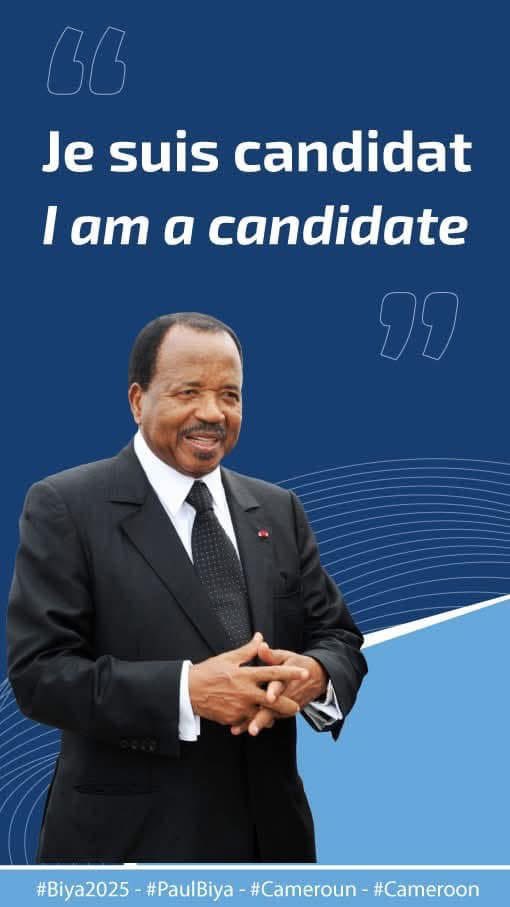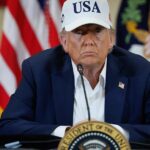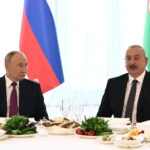President Paul Biya has announced for this year presidential election. The announcement came as concern grows about his age and health. Biya, who has ruled since 1982 after Ahmadou Ahidjo’s resignation, removed term limits in 2008 and won the 2018 election despite opposition claims of electoral irregularities.
1. Probability of Biya’s Reelection
- High likelihood (~60–70%), despite his advanced age and waning public support.
- The CPDM’s control over electoral institutions (ELECAM, judiciary, security forces) gives Biya a strong structural advantage.
- While low turnout, voter suppression, and ballot irregularities are expected, they typically tilt results in his favor.
2. Risks if Biya Runs Again
- Governance Vacuum: At 92, Biya’s capacity for active leadership is limited—most decisions are made by courtiers. His presidency accentuates risks of policy paralysis and internal power struggles .
- Civil Instability: Anti-Biya sentiment is rising, especially among youth and Anglophone populations, potentially sparking protests, particularly in the Separatist Northwest/Southwest and Boko Haram-affected North.
🧭 3. Threats to Democracy
- Electoral Autocracy: With no term limits since 2008 and a lack of free media, Cameroon remains an electoral autocracy. The upcoming election will likely be non-competitive and tightly controlled .
- Crackdown on Dissent: Pre-election repression, including jailing activists (e.g., Kamto supporters), throttling independent media, and detaining Anglophone leaders, escalates the risk of democratic backsliding .
4. Support Forces & Political Landscape
- CPDM & Backbone Elite: Biya maintains backing from state-aligned elites, local administrators, and smaller parties within his coalition—though cracks are emerging with allies like Bello Bouba Maigari and Issa Tchiroma defecting.
- Opposition Coalitions: A broad opposition alliance led by Maurice Kamto (MRC) plus other parties, though weakened by legal bans and security repression, remains the leading.
- New Faces: Urban-based, younger challengers like Cabral Libii and Eric Essono Tsimi offer fresh momentum, but may splinter the vote unless unified.
🩺 5. Biya’s Health Outlook & Succession Risks
- Health Uncertainty: Frequent long absences (e.g., 42 days in 2024), senior age, and government gag-orders fuel speculation of.
- Succession Vacuum: The constitution names the Senate President as interim. That person, like Marcel Niat Njifenji (now ~89), offers neither vitality nor clarity—fostering elite.
6. Most Probable Election Scenario
| Scenario | Likelihood | Details |
| Biya wins amid tight control | High (60–70%) | Institutional manipulation, low turnout, limited opposition |
| Legitimacy crisis vehicle | Moderate | Boycotts / protests, deepening civil unrest |
| Succession chaos | Moderate | Biya incapacitation triggers elite scramble, potential military role |
Expected outcome: Biya wins, but under controversial and repressive conditions, cementing authoritarianism and risking protests, especially if health fails during the campaign.
Policy Recs (if advising foreign stakeholders)
- Election monitoring & sanctions: Push for transparency before and after vote.
- Support opposition unity: Back legal reforms for coalition viability.
- Engage youth and civil society: Encourage reforms via nonviolent civic mobilization.
- Plan for post-election unrest: Prepare contingencies for Anglophone crisis flare-up or elite divisions.
Paul Biya’s re-election in Cameroon could significantly exacerbate ethnic tensions and intensify separatist sentiments, especially in two key contexts:
🇨🇲 1. Anglophone Crisis and Separatism in the Northwest and Southwest
- Background: The Anglophone regions have been in a state of armed conflict since 2016, as groups seek independence for “Ambazonia,” citing marginalization by the Francophone-dominated government.
- Biya’s Role: Biya is widely seen as unwilling to negotiate seriously with separatists or decentralize power. A victory would signal continuity of repression, emboldening militant factions and discrediting peaceful dialogue.
- Election Impact:
- Boycotts or militant disruption of voting in Anglophone areas are likely.
- Perceived electoral fraud or low turnout in these regions could deepen calls for secession.
- A new Biya term may prompt more radicalization and support from diaspora movements.
2. Ethnic Power Imbalance and Resentment
- Biya (from the Beti/Bulu ethnic group) has built a system where elites from his group dominate military, intelligence, and senior administrative roles.
- Longtime exclusion of Fulani, Bamileke, and Anglophone leaders from real influence fuels perceptions of ethnic favoritism.
- If Biya wins again—especially without credible opposition—non-Beti ethnic groups may view the system as ethnocracy, increasing intercommunal tension or triggering localized unrest.
3. Security Risks
- A post-election crackdown on opposition protests, especially in urban areas like Douala, Buea, or Bamenda, could spill into ethnic violence.
- Risk of cross-border destabilization: Influx of arms and fighters from neighboring Nigeria could increase if conflict in Anglophone regions reignites.
Regional & International Reflection
- Cameroon’s image as a stable regional partner will be under pressure.
- Increased instability could threaten Chad and Central African Republic, where Cameroon plays a transit and logistical role.
- The AU and UN may face greater calls for mediation, but Biya has historically resisted external influence.
Biya’s continued rule is likely to deepen existing fractures in Cameroonian society. The Anglophone conflictcould escalate further, and ethnic tensions within the broader electorate could lead to wider instability, especially if the elections are viewed as illegitimate.
In a potential 2025 presidential run, Paul Biya could still find foreign backing—either directly or indirectly—from actors with interests in regime stability or existing economic-military ties. Here are the most likely supporters:
France (Cautious, Implicit Support)
- Historical ties: Cameroon is a former French colony, and France has long maintained deep political, economic, and military links with Biya’s regime.
- Stability over democracy: Paris has traditionally prioritized regional stability and the protection of French business interests (e.g. Bolloré, TotalEnergies, Castel Group) over democratic reform.
- Likely behavior: France is unlikely to publicly endorse Biya, given increased scrutiny of its African policy, but it may tolerate or tacitly support his continued rule if it ensures continuity.
China (Strategic Economic Support)
- China is Cameroon’s largest creditor and a major infrastructure investor (e.g. dams, roads, stadiums).
- Beijing is non-interventionist politically but strongly supports incumbent regimes for the sake of economic predictability and resource access.
- In Biya, China sees a reliable partner who won’t question Chinese business practices or geopolitical positions.
- Indirect support may come in the form of continued loans, infrastructure financing, or investment agreements, bolstering Biya’s domestic legitimacy.
Russia (Opportunistic Support)
- Moscow is trying to expand influence in Central Africa, especially as France retreats from the Sahel and Gulf of Guinea.
- Biya’s government recently deepened defense ties with Russia, including military cooperation agreements and rumors of arms deals.
- Russia may offer:
- Cyber or disinformation capabilities to tilt elections.
- Wagner-type assets for regime security, though Biya has not officially invited them.
- UN Security Council cover, especially on human rights or separatist issues.
Turkey (Emerging Pragmatic Ally)
- Turkey has ramped up relations with Cameroon under Erdoğan’s “Africa Opening” policy.
- Turkish companies are active in construction and manufacturing, and Ankara seeks Muslim outreach, especially among Fulani populations.
- Though not a major player yet, Turkey may support Biya quietly if it secures commercial and diplomatic access.
Other Actors:
- United States: Officially prioritizes democratic norms, but may stay silent or maintain security cooperation under AFRICOM’s regional programs.
- Israel: Historically offered military surveillance and cybersecurity tools to Biya’s regime—may continue supporting elite control, especially if contracts remain.
- Equatorial Guinea or Congo-Brazzaville: Fellow autocrats may offer symbolic support or shared intelligence.
Summary Table
| Country | Form of Support | Motivation | Public/Covert |
| France | Diplomatic cover, economic tolerance | Historical ally, corporate interests | Cautious/tacit |
| China | Loans, investments, neutrality | Stability, debt repayment | Silent, strategic |
| Russia | Military aid, election interference | Anti-Western foothold, arms sales | Covert/Opportunistic |
| Turkey | Commercial deals, soft power | Economic access, Muslim outreach | Low-profile |
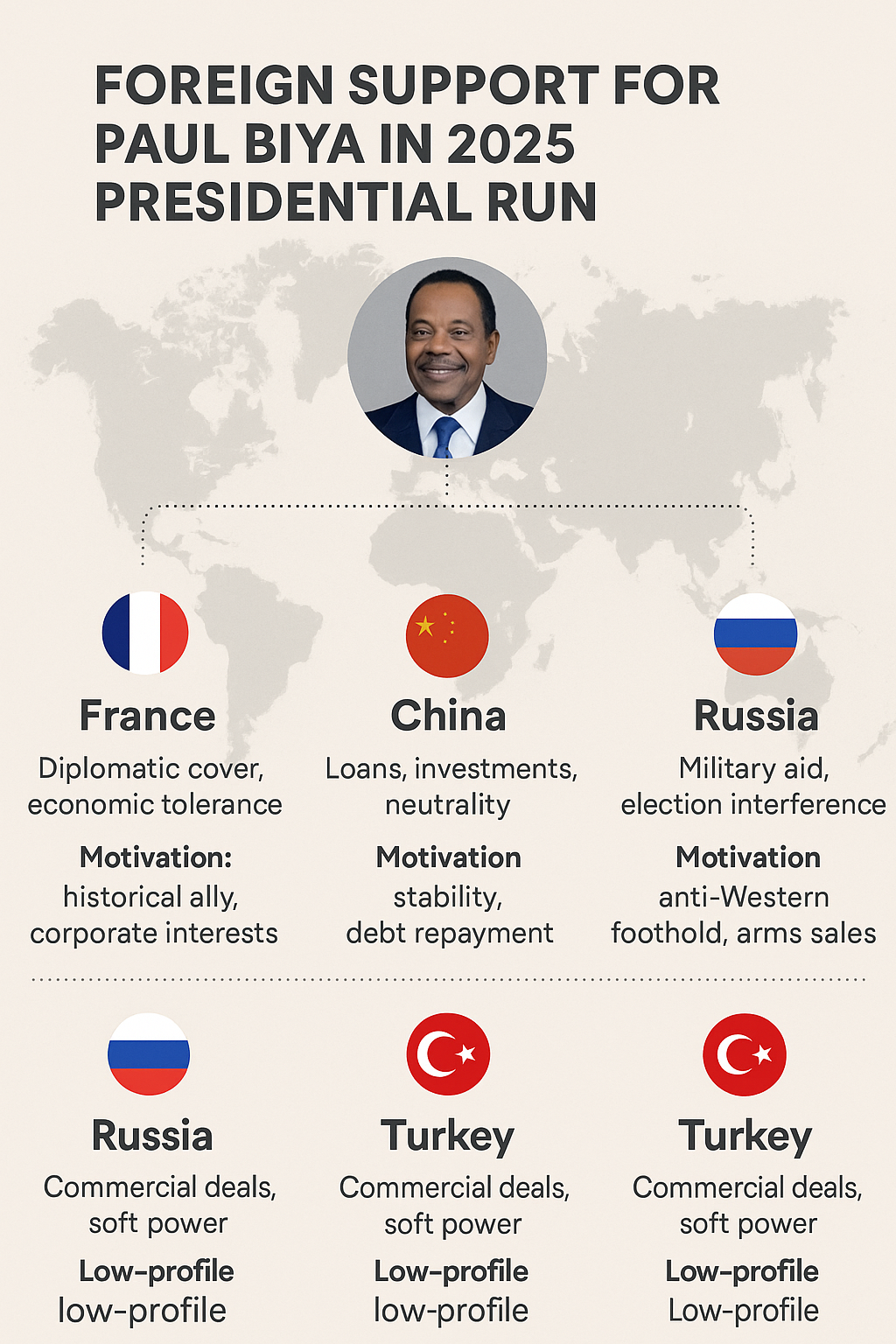
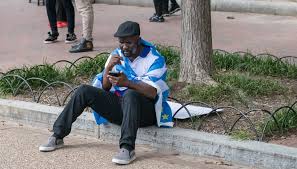
More on this story: Reasons and scenarios of Ethno-Political Tensions in Cameroon
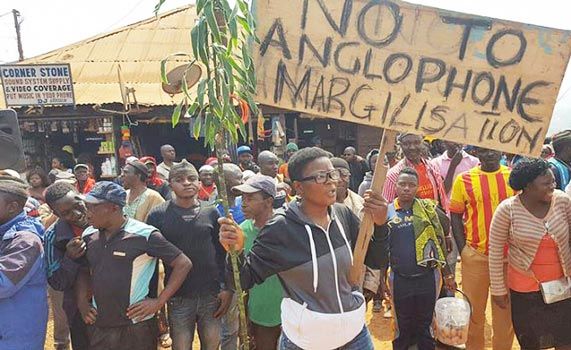
More on this story: Cameroonian rebel groups start rivalry for power and access to finances


